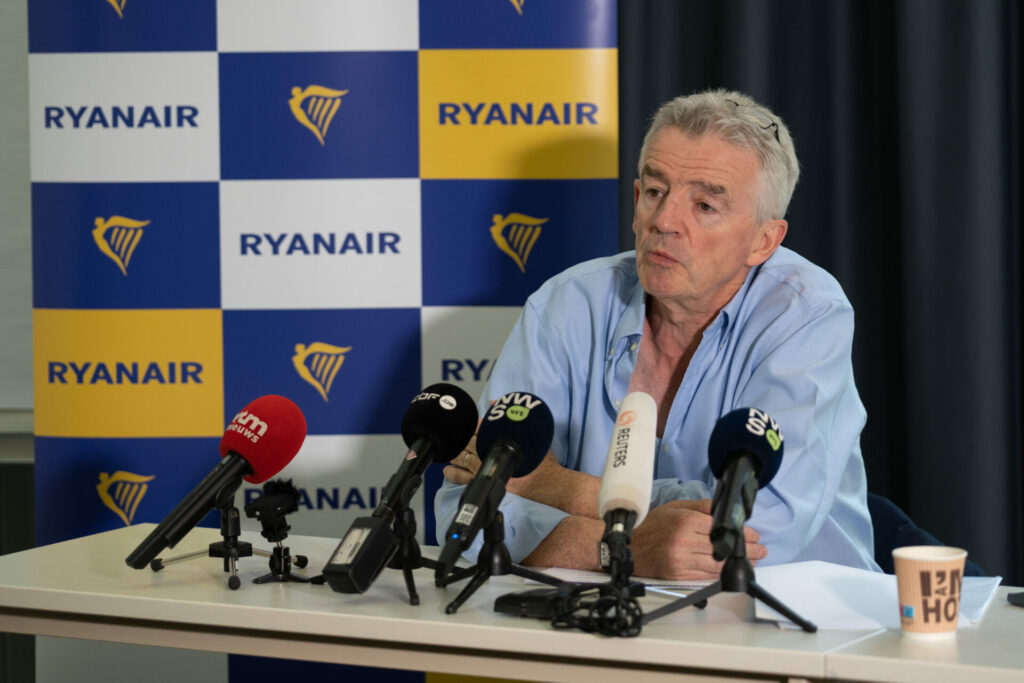The rising cost of fuel continues to impact the tourism sector by making air travel more expensive. Although Ryanair has been known for offering staggeringly low prices, including €0.99 or €9.99 for flights, it will no longer be able to provide these tickets, said Ryanair boss Michael O'Leary in an interview with the BBC.
"I don't think you'll see our really cheap promotional fares – from €1, €0.99 or even €9.99 in the coming years," said O'Leary.
He expects average ticket prices to increase by about €10 over the next five years, from around €40 to €50 by 2027. Nevertheless, O'Leary believes the number of customers won't decrease. He even thinks travellers will become more price sensitive and opt en masse for low-cost alternatives.
A challenge for the aviation sector
Since the start of 2022, the price of jet fuel soared by roughly 90% and costs approximately 120% more, on average, than in 2021, according to a report from business consultancy and lobbying firm McKinsey & Company. A challenge for the sector as fuel is often the largest operating cost.
Yet, according to McKinsey, rising fuel prices may not be as bad for profits in the travel sector as it may seem.
Related News
- Ryanair CEO salary back at pre-Covid levels; pilot wages reduced until 2027
- Ryanair make a €170 million profit despite staff stand-offs
- Baggage handling 'crisis' to disrupt airports until end of August
Even as fuel price hikes put the aviation sector under strain, it may prompt airlines to limit overcapacity, which could lead to better profit returns and industry stability. Getting capacity right is crucial, especially given efforts to be more environmentally friendly and reduce emissions, the consultancy points out.
Ryanair, meanwhile, is boasting of making record profits, and CEO Micheal O'Leary's salary is back to pre-pandemic levels.

